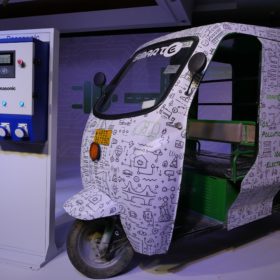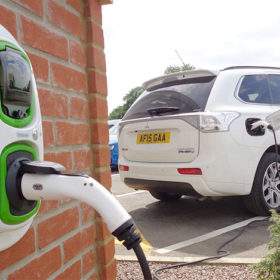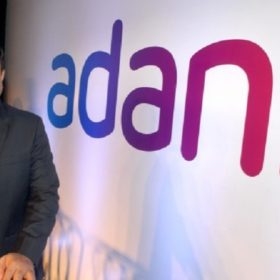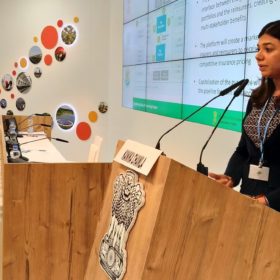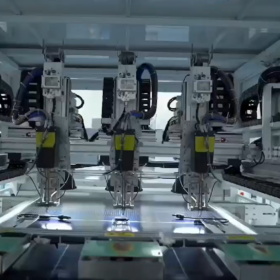India to mandate energy storage for solar, wind projects
India is likely to follow in the footsteps of China and mandate the inclusion of battery storage capacity for future wind and solar energy projects.
Electric vehicle adoption in India will be led by three-wheelers
Electric vehicles will account for 65-75% of new three-wheeler (3W) sales by 2030. Intra-city transport buses will see 25-40% EV penetration and two-wheelers 25-35%. In four-wheeler passenger vehicles, the market will be driven by shared mobility, while just 10-15% of new car sales for personal mobility will be electric.
Vikram Solar plans 3 GW solar factory in Tamil Nadu
The engineering, procurement and construction services contractor – which has a 1.2 GW module production facility near Kolkata – will establish a wafer, cell and module manufacturing site in Tamil Nadu under a five-year timescale.
West Bengal could get 1.7 GW of solar but coal will reign for at least 30 years
A minister said an unnamed private investor had proposed an 800 MW solar project in the state on top of a 900 MW scheme being carried out with Japan. But the chairman of power giant NTPC said AI and digitization should be used to extend coal burning for decades to come.
Electric vehicles off to a good start in 2019
Following Tamil Nadu’s plans to purchase 2000 electric buses, Karnataka aims to convert half the government vehicles in Bengaluru to electric by 2019 end. Further, Delhi has allocated Rs 100 crore to electric vehicles in its budget for 2019-20.
Making India’s solar sector resource efficient
By adopting resource efficiency measures, the Indian PV solar manufacturing sector can reduce its material requirement from an estimated 12 million tons to 8.2 million tons by 2030. The resource-efficient approach will also increase efficiency to more than 30% from 6% in 2018, according to a study conducted under the European Union’s Resource Efficiency Initiative (EU-REI) Project.
Adani to build 1 GW+ renewable energy in Andhra Pradesh
Adani Group has signed a MoU with Andhra Pradesh government for the development of more than 1 GW of renewable energy in the state.
ISA presents risk mitigation feasibility study for pilot 20 GW capacity
The International Solar Alliance (ISA) presents its first offering, a Common Risk Mitigation Mechanism (CRMM) feasibility study, at COP23 in Bonn, Germany, to deepen solar markets, which aims to mobilize up to $1trn of capital investment by 2030.

